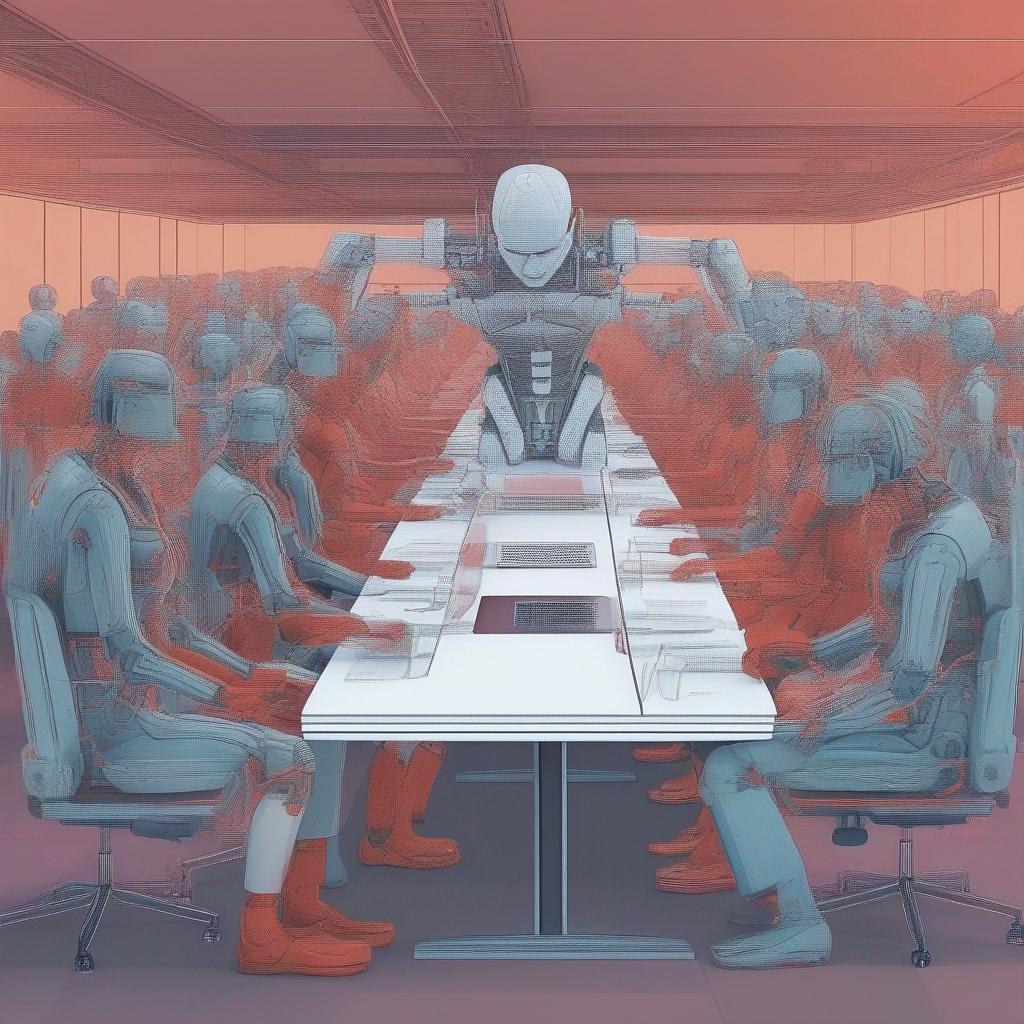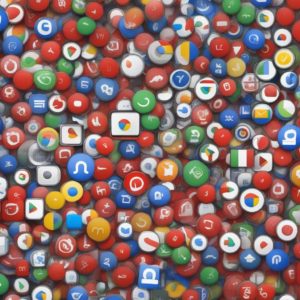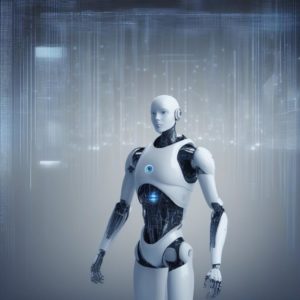Workers wrested a seat at the table on AI this year. Will it be enough?From Hollywood to Microsoft, labor groups are expanding their influence over how artificial intelligence is used in the workplace, but there are fears the technology may outrun them.After a prolonged strike this year, Hollywood screenwriters secured new limits on how studios can deploy AI to generate scripts or virtual performers — and specifying how to compensate writers when they do.A London rally in solidarity with striking U.S. workers in July.Betty Laura Zapata / Bloomberg via Getty Images fileThose concessions were partly a case of lucky timing, with three major Hollywood unions’ contracts all up for renegotiation just as interest in generative AI exploded across industries. While labor leaders touted their wins as groundbreaking and the contracts were approved by wide margins, the AI provisions didn’t escape criticism.Some actors had wanted stronger curbs on the use of their likenesses to train AI models. Alex Plank, a SAG-AFTRA member, told NBC News earlier this month that he was disappointed that studios looking to use virtual actors “just have to notify SAG and bargain with the union” over doing so, which he called tantamount to “allowing synthetic performers to compete with human ones.”In a forthcoming Nielsen survey of 3,000 U.S. workers conducted this fall and viewed by NBC News, many reported feeling conflicted about AI’s future impact on their livelihoods. While about 36% of those surveyed said tools like ChatGPT would make their jobs easier, more than half were concerned AI would reduce their professional opportunities.Charlene Polite Corley, vice president of diverse insights and partnerships at Nielsen, said the initiative between Microsoft and the AFL-CIO could ease some of those worries.“One key benefit of this partnership could be inclusion of more socioeconomic diversity throughout the development of AI solutions and policies,” she said. “With the rate of adoption of this technology just in the last year, there hasn’t always been that pause to evaluate how AI may increase inequity.”The AFL-CIO alliance is “a very positive development,” said Kate Bronfenbrenner, director of labor education research at Cornell University, who was President Joe Biden’s top labor adviser until last year. “Workers must have a seat at the table in the development and use of AI.”In the meantime, Bronfenbrenner said labor advocates have their work cut out in navigating the proliferation of AI tools in the workplace, particularly those for tracking and improving productivity. Some “tattleware” that expanded rapidly during pandemic-era remote work can take screenshots of company-issued devices without alerting employees, as well as log their keystrokes or website visits.“And that’s just the surveillance that we’re aware of,” she said. “We need to learn a lot about how it’s affecting workers in industries from media to technology to education. Are there ways it can be helpful, or is the primary purpose of it going to be to cut costs and replace workers?”J.J. McCorveyJ.J. McCorvey is a business and innovation reporter for NBC News.
Workers wrested a seat at the table on AI this year. Will it be enough?
2–3 minutes

Asset Management AI Betting AI Generative AI GPT Perplexity Comet AI Semiconductor AI Sora AI Stable Diffusion



